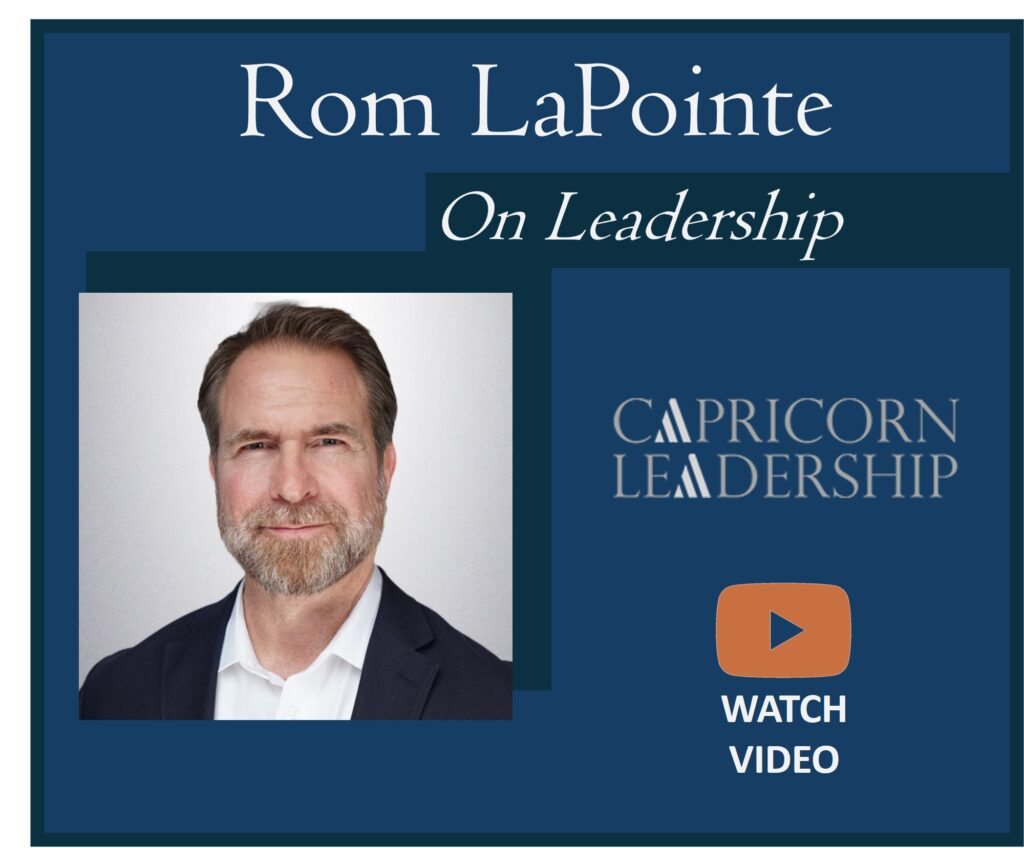Getting promoted or taking on the leadership role — especially the CEO role — from an internal promotion is an awesome achievement. In addition, it is usually a great thing for the culture because it helps keep in tact that continuity of institutional knowledge. Often this promotion follows some intentional grooming or succession planning. If you are in this position, that is fantastic and it feels really good.

And it feels really good until you start doing the job.
The good feeling, for a new internally promoted CEO, fades a bit as you grapple with the amount of issues you have to deal with. Plus you are dealing with issues involving people who were your peers. Now those former peers are the people who are now going to be looking after and managing. It is now your job to hold them accountable in a different dynamic — and that dynamic is influenced by the fact that you are sitting at your predecessor’s desk, inviting comparisons between your performance and an often high bar to live up to — or issues to fix because of the baggage that comes from the previous leader’s poor past performance. Either way, the shadow of the past falls on you.

Recent Comments